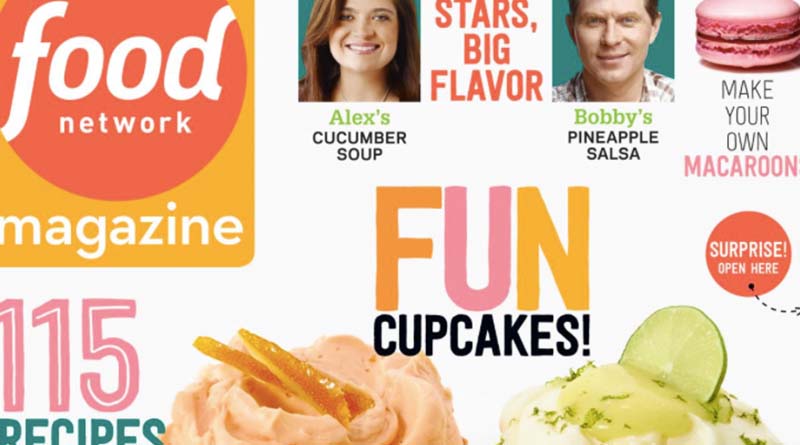Even though Bette Waterstreet has repeatedly told the Food Network Magazine she doesn’t want to renew, it’s not getting the message. Can anyone make the bills stop?
Question
The Food Network Magazine has harassed me regarding a subscription I have chosen not to renew no less than three times.
My original subscription was to expire October/November. In June, they sent me a card stating that it would be automatically renewed. That doesn’t sit well with me, so I canceled the subscription (I thought) via e-mail, dated June 14. I requested confirmation for this information. It wasn’t. I then followed this up with a letter, requesting the same.
Following this, I found the renewal charge on my MasterCard statement. I contacted MasterCard, told them my story, and they removed the charge.
In October and November, I’ve received bills for this magazine that I do not want.
They’re very clever in not revealing an actual person to address mail to, or in not providing a phone number at which I could speak to someone in person.
I’d like to know who has the power to actually do something about this. I want to avoid being referred to a collection agency, which might be their next step. Is this something you can help me with? — Bette Waterstreet, Sacramento, Calif.
Answer
Of course, Food Network should have processed your cancellation quickly and without question.
So why didn’t it? Well, aggressive “auto-renew” techniques are fairly common in the magazine industry. (Here’s an article I recently wrote explaining why we need some laws about this auto-renew-marketing technique) In 2006, Time Inc. agreed to stop doing something that looked very similar to what you encountered.
What troubles me the most about your case is that there was no easy way to contact Food Network in order to make the magazines stop. Your emails to the magazine went unanswered. Your phone calls appear to have been ignored. Even your credit card dispute met with limited success. (Related: magazines simply stopped getting delivered.)
To me, that suggests Food Network is doing its best to opt you “in” to keep your subscription another year, despite your protests. That’s no way to keep a customer. (Here’s how to fix your own consumer problems.)
Full disclosure
Several years back, I hosted a travel show broadcasted on the Fine Living Network, which was under the ownership of the same company as the Food Network. The show was intended for a second season but was turned into the Cooking Channel before that could happen. If I were still affiliated with the operation, I’d be pretty steamed. This is embarrassing.
There are other ways of contacting the Food Network Magazine. A bit of detective work will uncover that it’s published by Hearst. It’s not too difficult to extract the names and email addresses with a few clicks. Email addresses are formatted firstinitiallastname@hearst.com. So if I worked for Hearst — which I don’t — my email address would be celliott@hearst.com.
As far as I can tell, Food Network Magazine doesn’t need to resort to these hard-sell tactics to get your repeat business. It offers a solid editorial product. Subscribers’ needs change, and the magazine needs to accept that instead of pressuring you into a renewal. (Related: These 5 hidden contract traps could turn you into a victim. Don’t let that happen.)
A response from Food Network
I contacted Food Network Magazine on your behalf. You received a direct email from a senior editor. She apologized that the company had made the cancellation process “so complicated and frustrating for you.”
“It should not be this difficult,” she added. “Please accept my apology on behalf of the magazine and if you have any concerns in the future please don’t hesitate to contact me directly.”
Oh, and Food Network? It canceled your subscription, once and for all.




